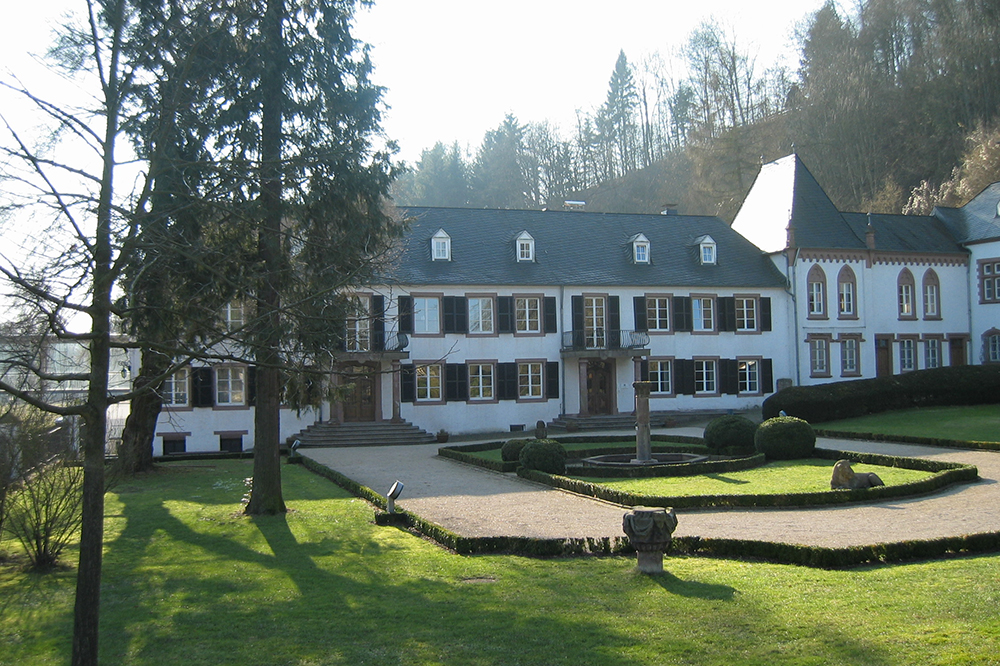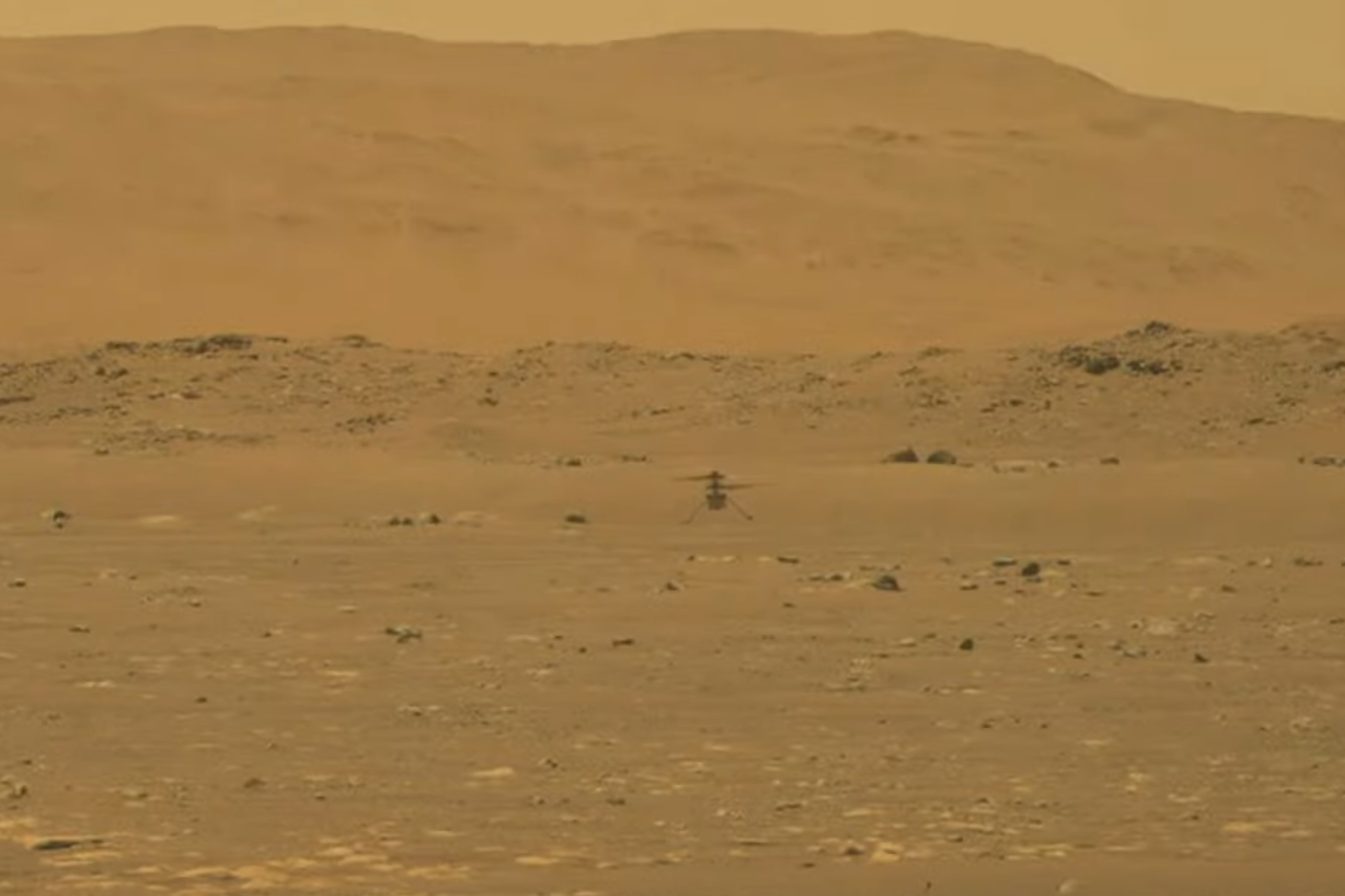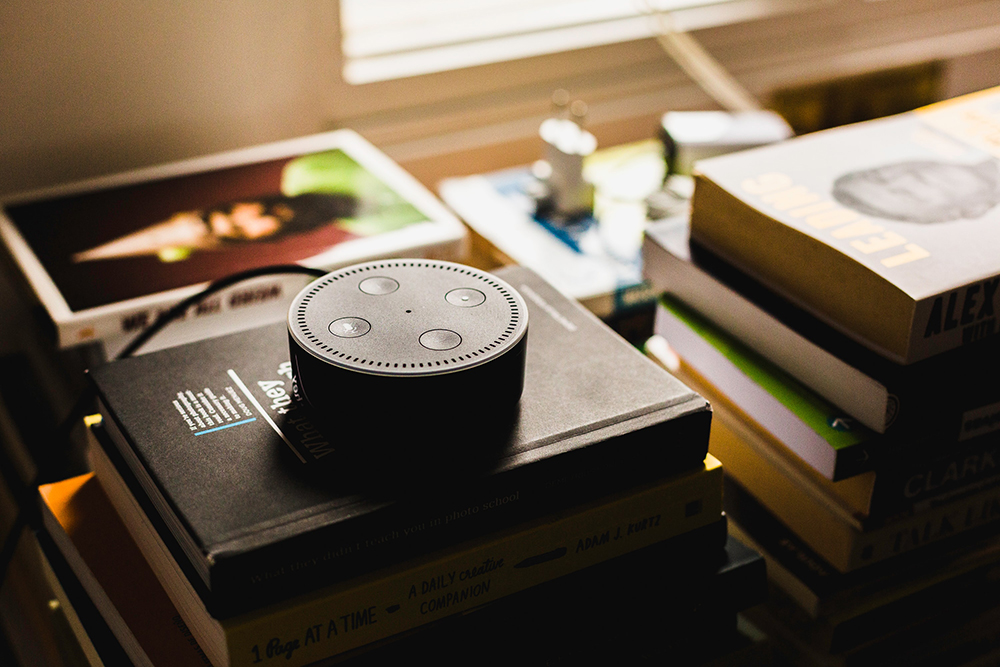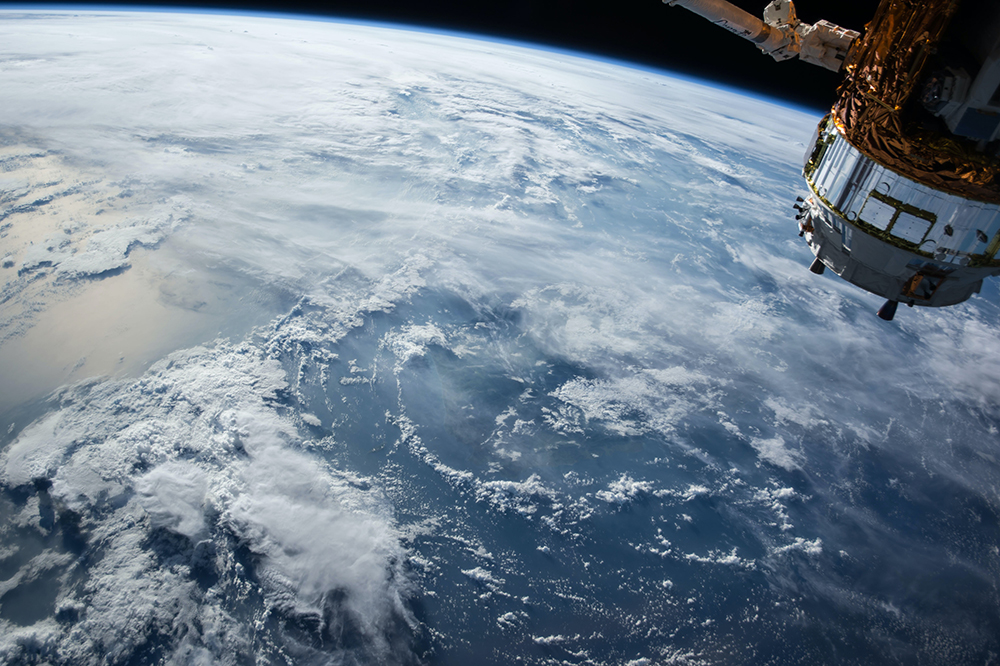The paper “The SPACE THEA Project” by Martin Spathelf and Oliver Bendel was accepted at the AAAI 2022 Spring Symposia (Stanford University). The two authors will present it at the end of March 2022 at the symposium “How Fair is Fair? Achieving Wellbeing AI”. From the abstract: “In some situations, no professional human contact can be available. Accordingly, one remains alone with one’s problems and fears. A manned Mars flight is certainly such a situation. A voice assistant that shows empathy and assists the astronauts could be a solution. In the SPACE THEA project, a prototype with such capabilities was developed using Google Assistant and Dialogflow Essentials. The voice assistant has a personality based on characteristics such as functional intelligence, sincerity, creativity, and emotional intelligence. It proves itself in seven different scenarios designed to represent the daily lives of astronauts, addressing operational crises and human problems. The paper describes the seven scenarios in detail, and lists technical and conceptual foundations of the voice assistant. Finally, the most important results are stated and the chapters are summarized.” More information about the AAAI 2022 Spring Symposia is available here.
Conversational Agent as Trustworthy Autonomous System
The Dagstuhl seminar “Conversational Agent as Trustworthy Autonomous System (Trust-CA)” will take place from September 19 – 24, 2021. According to the website, Schloss Dagstuhl – Leibniz-Zentrum für Informatik “pursues its mission of furthering world class research in computer science by facilitating communication and interaction between researchers”. Organizers of this event are Asbjørn Følstad (SINTEF – Oslo), Jonathan Grudin (Microsoft – Redmond), Effie Lai-Chong Law (University of Leicester) and Björn Schuller (University of Augsburg). They outline the background as follows: “CA, like many other AI/ML-infused autonomous systems, need to gain the trust of their users in order to be deployed effectively. Nevertheless, in the first place, we need to ensure that such systems are trustworthy. Persuading users to trust a non-trustworthy CA is grossly unethical. Conversely, failing to convince users to trust a trustworthy CA that is beneficial to their wellbeing can be detrimental, given that a lack of trust leads to low adoption or total rejection of a system. A deep understanding of how trust is initially built and evolved in human-human interaction (HHI) can shed light on the trust journey in human-automation interaction (HAI). This calls forth a multidisciplinary analytical framework, which is lacking but much needed for informing the design of trustworthy autonomous systems like CA.” (Website Dagstuhl) Regarding the goal of the workshop, the organizers write: “The overall goal of this Dagstuhl Seminar is to bring together researchers and practitioners, who are currently engaged in diverse communities related to Conversational Agent (CA) to explore the three main challenges on maximising the trustworthiness of and trust in CA as AI/ML-driven autonomous systems – an issue deemed increasingly significant given the widespread uses of CA in every sector of life – and to chart a roadmap for the future research on CA.” (Website Dagstuhl) Oliver Bendel (School of Business FHNW) will talk about his chatbot and voice assistant projects. These emerge since 2013 from machine ethics and social robotics. Further information is available here (photo: Schloss Dagstuhl).
Meet SPACE THEA
SPACE THEA was developd by Martin Spathelf at the School of Business FHNW from April to August 2021. The client and supervisor was Prof. Dr. Oliver Bendel. The voice assistant is supposed to show empathy and emotions towards astronauts on a Mars flight. Technically, it is based on Google Assistant and Dialogflow. The programmer chose a female voice with Canadian English. SPACE THEA’s personality includes functional and emotional intelligence, honesty, and creativity. She follows a moral principle: to maximize the benefit of the passengers of the spacecraft. The prototype was implemented for the following scenarios: conduct general conversations; help the user find a light switch; assist the astronaut when a thruster fails; greet and cheer up in the morning; fend off an insult for no reason; stand by a lonely astronaut; learn about the voice assistant. A video on the latter scenario is available here. Oliver Bendel has been researching conversational agents for 20 years. With his teams, he has developed 20 concepts and artifacts of machine ethics and social robotics since 2012.
One Small Flight for Ingenuity
“That’s one small flight for Ingenuity – one giant journey for mankind.” This can be said after the successful experiment on 19 April 2021 with the tiny helicopter on Mars (photo: screenshot from NASA livestream). Ingenuity flew vertically into the air, took a selfie with its shadow, and landed safely back on the ground. The red planet is associated with many expectations and aspirations. At the moment, the surface is being explored in an unprecedented way. In a few years, humans are expected to travel to Mars. In doing so, they will also need advice and support. Because the personnel on Earth are far away, a voice assistant is a possible solution. SPACE THEA is a voicebot that shows empathy (but doesn’t have it, of course). Like GOODBOT and BESTBOT, she recognizes user problems – but unlike those chatbots, she has a voice. SPACE THEA will be developed until August 2021 under the supervision of Prof. Dr. Oliver Bendel at the School of Business FHNW. The project aims to cover several scenarios on the flight to Mars. However, a voicebot could also be useful on the planet itself, for example to control a tiny helicopter.
Alexa has Hunches
Amazon’s Alexa can perform actions on her own based on previous instructions from the user without asking beforehand. Until now, the voicebot always asked before it did anything. Now it has hunches, which is what Amazon calls the function. On its website, the company writes: “Managing your home’s energy usage is easier than ever, with the Alexa energy dashboard. It works with a variety of smart lights, plugs, switches, water heaters, thermostats, TVs and Echo devices. Once you connect your devices to Alexa, you can start tracking the energy they use, right in the Alexa app. Plus, try an exciting new Hunches feature that can help you save energy without even thinking about it. Now, if Alexa has a hunch that you forgot to turn off a light and no one is home or everyone went to bed, Alexa can automatically turn it off for you. It’s a smart and convenient way to help your home be kinder to the world around it. Every device, every home, and every day counts. Let’s make a difference, together. Amazon is committed to building a sustainable business for our customers and the planet.” (Website Amazon) It will be interesting to see how often Alexa is right with her hunches and how often she is wrong.
Swiss Space Days 2020
The Swiss Space Days offer – according to the responsible persons – a platform to exchange experiences and to support cooperation. It is possible to listen to prominent speakers involving ESA directors, representatives of Swiss companies and of the Large European System Integrators. “A high level panel is closing the morning session of the first day. In the afternoon of the first Day, a session will cater to the needs of companies and a parallel session will address the interests of the scientific community. The second day is dedicated to space applications and downstream services using Earth Observation, Telecom and/or Navigation data. A panel with representatives of institutional programmes and of user companies will conclude the Swiss Space Days …” (Website Swiss Space Days) On the marketplace there are several offers and requests for partnerships and research cooperations, for example regarding IGLUNA (“IGLUNA is a platform gathering students from all around the world to demonstrate innovative space technologies”) and the voicebot SPACE THEA (“SPACE THEA is designed to accompany astronauts to Mars and to show them empathy and emotions.”). More information via ssd2020.b2match.io.
Towards SPACE THEA
Social robots are robots that come close to animals and humans, interact and communicate with them. They reproduce characteristics of animals and humans in their behavior and appearance. They can be implemented both as hardware robots and as software robots. The SPACE THEA project should have already started in March 2020. Because of COVID-19 it had to be postponed. Now Prof. Dr. Oliver Bendel starts with the preparatory work. In spring and summer 2021 the programming of the voicebot is then carried out. SPACE THEA is designed to accompany astronauts to Mars and to show them empathy and emotions. In the best case, she should also be able to provide psychological counseling, for example, based on cases from the literature. The project will use findings from social robotics, but also from machine ethics. The results will be available by autumn 2021.






